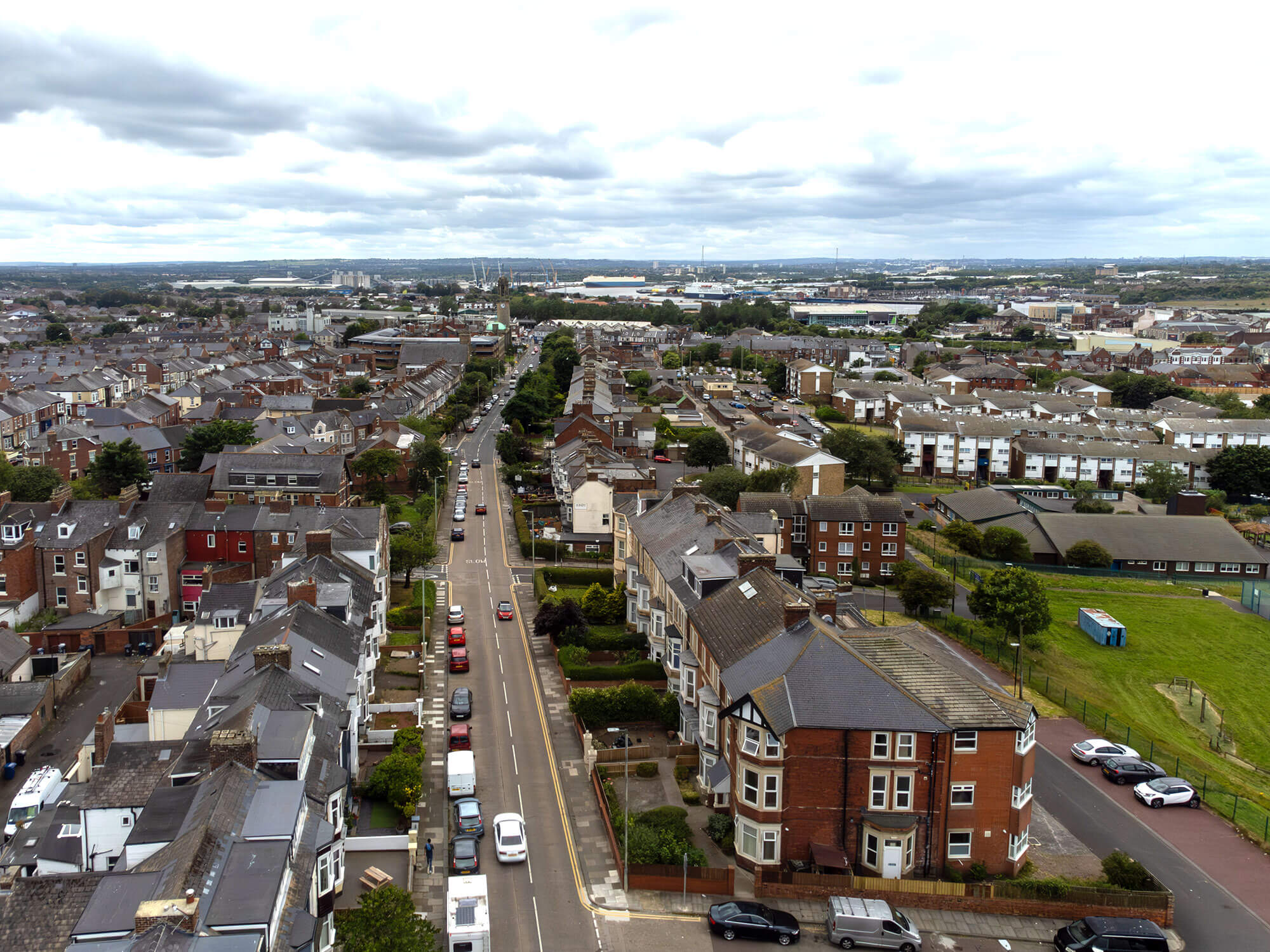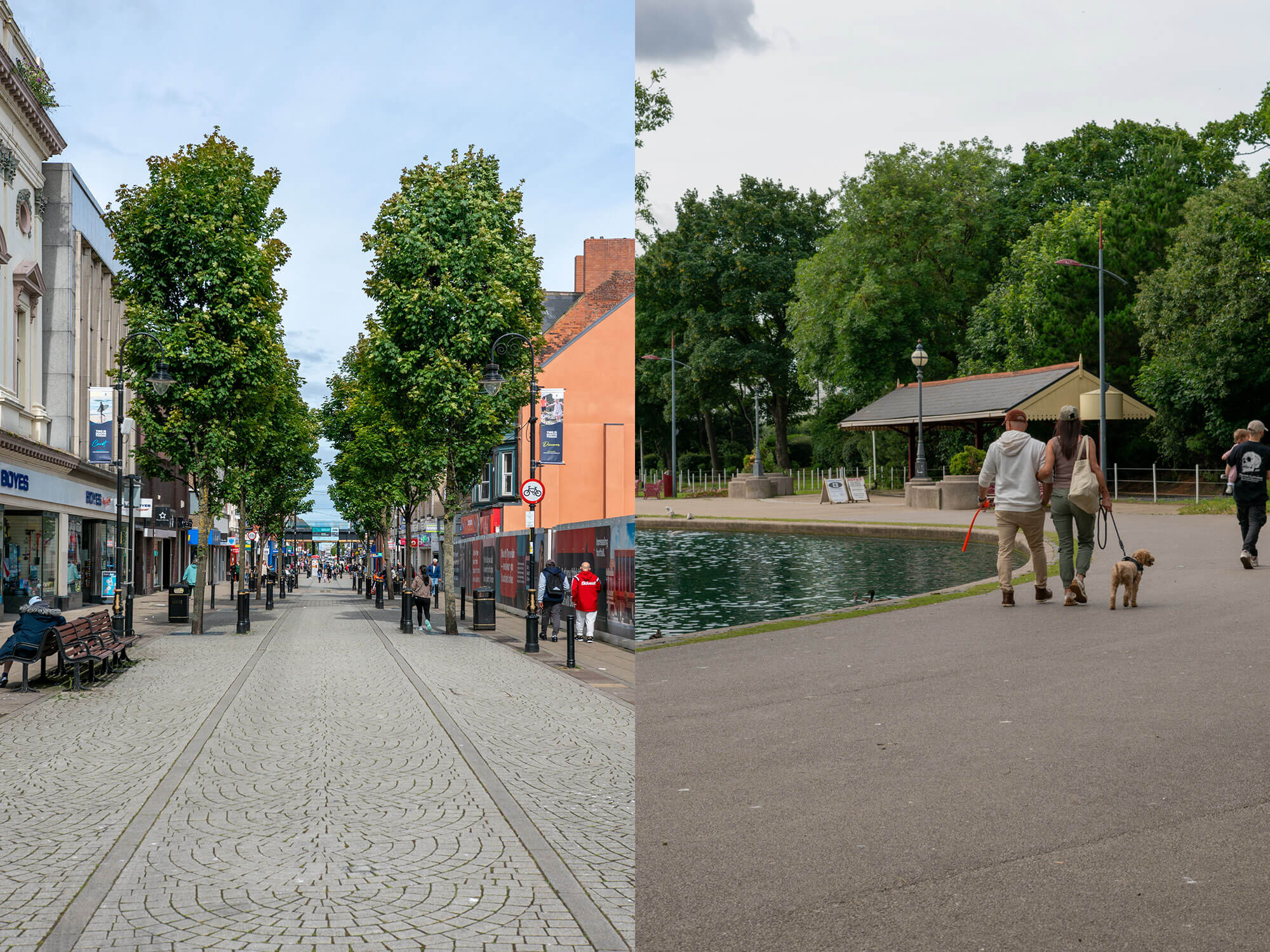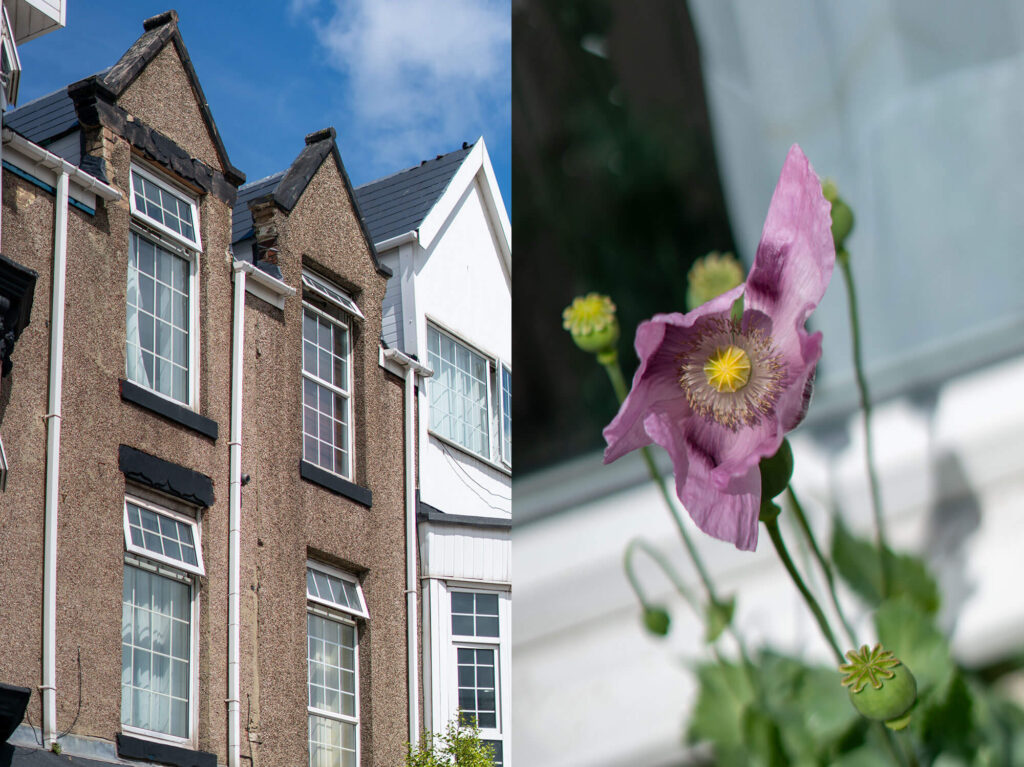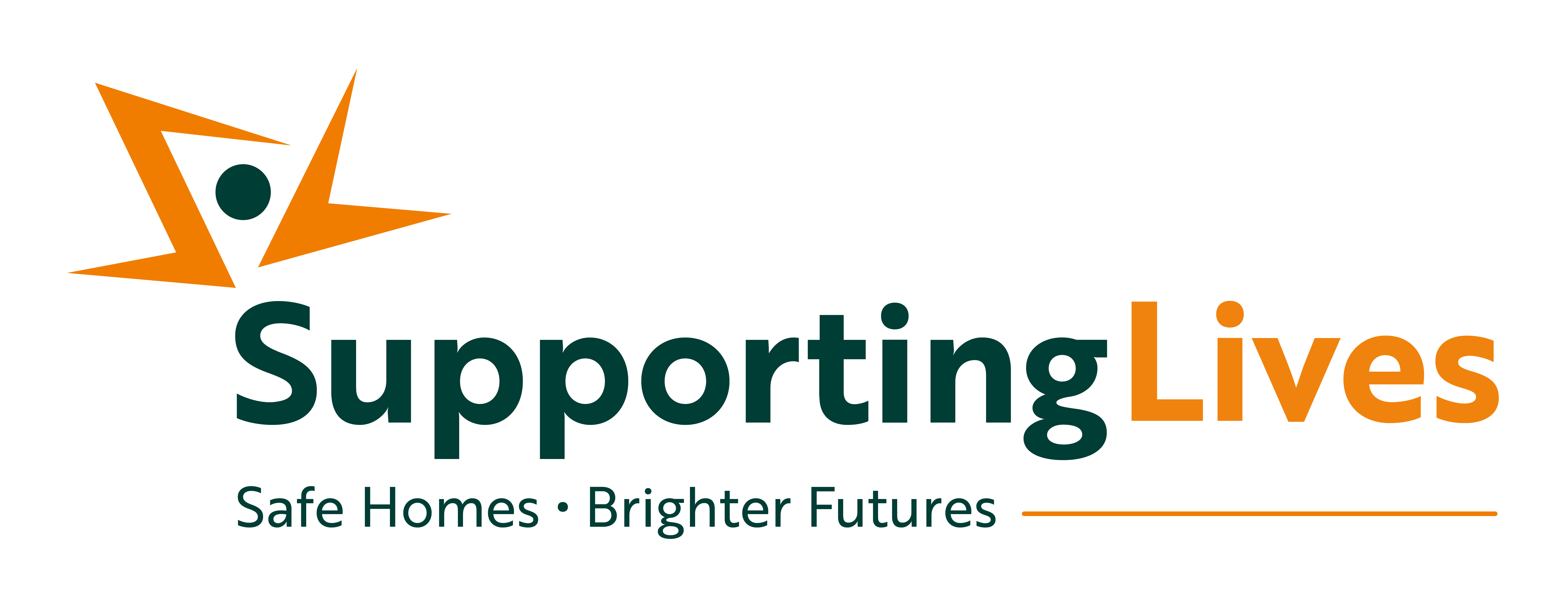Bringing a supported accommodation unit into our community is a big step, and I know it can feel overwhelming. Many of us have mixed emotions—maybe you support the idea in theory but feel anxious about what it might mean in practice. It’s common to wonder whether a supported living house might lead to more crime, lower property values, or an increased presence of people struggling with addiction. You might hear others say they support homeless people being within the community, just ‘not in my street.’ These concerns are understandable; change, especially on this scale, always stirs questions and fears.

There are also practical challenges to think about. Getting the right zoning, permits, and funding for such a unit takes time and requires real commitment from the community. Running a shelter depends on sustained financial support, staffing, and supplies, which can only happen if we’re all willing to pitch in. Some people worry that this could put pressure on emergency services or public facilities, like libraries or parks, and these are all valid concerns to address openly.

But the potential for positive change is tremendous—both for the individuals who need the help and support and for our whole community. For those facing homelessness, supported accommodation represents more than just a roof over their heads; it’s a chance to regain stability and dignity. Many offer vital support services like counselling, job training, and access to housing programs that help people move forward. Think about the transformation possible when someone who’s been sofa surfing or sleeping on the street finds a safe place to stay and the support they need to rebuild their life. It’s an opportunity for real, lasting change.
In terms of community impact, having a supported accommodation can help make our streets and local community safer and cleaner. With a stable place to go, people aren’t forced to sleep in public spaces or seek refuge in places that might make others uncomfortable. It’s been shown that having supportive resources reduces petty crimes and safety issues, benefitting everyone.

Perhaps the most powerful outcome, though, is what it can do for our sense of community. When we come together to support these units, we strengthen the bonds that connect us. Volunteering, cooking a meal, or helping with job training can deepen our empathy and sense of unity. We learn that the people receiving support are not so different from us; their struggles are real, human, and often very similar to challenges anyone could face in difficult circumstances. By working side by side, we foster an environment of compassion that can shift attitudes across our local area.
And there are real, tangible benefits as well. Supported accommodation brings jobs and supports local businesses, which can improve the local economy. It often means new funding for community programs, creating a ripple effect that benefits many beyond just the residents. And by offering volunteer opportunities, the supported accommodation house gives each of us a chance to make a difference, whether by helping serve meals, teaching a skill, or simply spending time with someone in need of connection.

If you’re open to it, this shelter can give us all the opportunity to build a deeper understanding of what leads to homelessness and what solutions are possible. We might find ourselves advocating for things like affordable housing, mental health services, and fair employment policies that make a lasting impact. Supporting our units isn’t just about helping others—it’s about transforming our community into a place where everyone has a stake, where every person matters, and where we all feel proud to be part of something greater.
Time spent in a supported accommodation unit could be a turning point for our community if we embrace it with open minds and open hearts. Through understanding and action, we can create a community known for its resilience, its compassion, and its willingness to stand together.

If you have concerns or questions about the accommodation Supporting Lives offers and its impact on our community, please don’t hesitate to contact us directly. We’re here to address any issues, listen to your feedback, and work together to make this a positive addition to the local area. And if you’re curious about how life within the Supporting Lives houses works, consider volunteering with us. By spending time here, you’ll get to see firsthand the challenges people are facing, the hard work they’re putting in to rebuild their lives, and the positive change happening every day. Your support, input, and understanding can make a huge difference—not only to those staying in the supported accommodation but to the whole community.
If you would like to find out more about our referral process please contact us for a chat.




